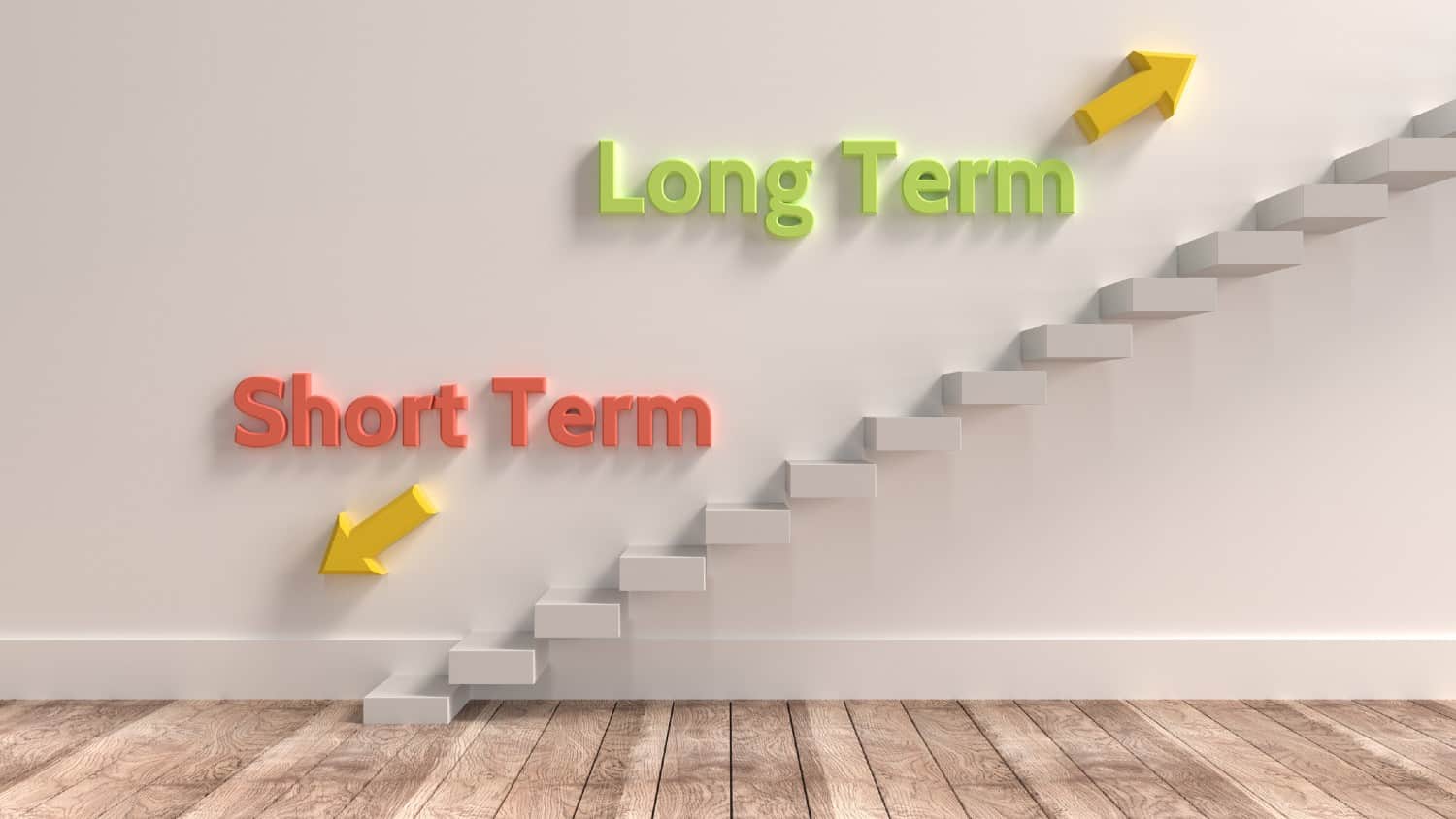There are loads of dirt cheap FTSE 100 shares trading at rock bottom valuations of just six or seven times earnings at the moment.
For example, Legal & General Group is valued at just 6.2 times annual earnings, while British American Tobacco is only slightly pricer at 6.9 times. Given that 15 times is generally seen as fair value, both look clear bargains by that metric.
Yet these things are relative, and shares don’t have to be quite that cheap to still offer good value. Take consumer goods giant Unilever (LSE: ULVR). For years, its shares traded at around 23 or 24 times earnings. Last Wednesday I noticed that its valuation had slipped to just 18.1 times, so I bought it. By its elevated standards, it’s cheap
Too cheap for me to ignore
While I’m sure the Unilever share price must have been cheaper over the decade I’ve been monitoring the stock, I don’t remember it. So I decided this was possibly a once-in-a-decade opportunity to pop it into my portfolio.
Buying Unilever was a snap decision, but I’ve been building up to it for years. The investment case hasn’t changed in that time. The company generates steady revenues from 400 brand-name basics across 200 countries. Sales generated €60bn in 2022, with pre-tax profits of €10bn.
It’s made a strong start to the current year, with underlying Q1 sales up another 10.5%. Billion-euro-plus brands such as Omo, Hellmann’s, Rexona and Lux did even better, growing 12.1%.
As ever, there are risks. The global economy is going through a bumpy time. As the US economy slows, sales there have fallen. That’s a concern with the US apparently heading for a recession this year.
Unilever has also been hit from two sides by the cost-of-living crisis, which has pushed up labour and raw materials costs, while making its customers poorer. Yet so far, its pricing power seems intact.
I’m hoping it will wake up
I got used to Unilever’s shares being among the fastest-growing on the FTSE 100, but the company lost its way, attracting the scorn of activist investors while being criticised by some of them for getting involved in what they claimed were ‘woke wars’. I’m astonished to see the shares have actually fallen over five years, by 3.1%. They climbed 9.13% over the last year but with the stock down over the last month, now feels like a good time to dive in.
I anticipate further short-term share price bumpiness, but that doesn’t worry me too much given that I’m hoping to hold Unilever in my self-invested personal pension (SIPP) for 10 years, and ideally for life. If the share price trails for a while, that means my reinvested dividends will pick up more stock.
Unilever shares yield a relatively modest 3.8%, covered 1.5 times by earnings. Yet I’m used to the stock yielding closer to 2.5%, so again, I’m happy.
CEO Alan Jope has been shifting its focus back to the basics, and in his words, unlocking a culture of “bolder, faster decision-making” and disciplined execution. I made a bold and fast decision to buy Unilever shares, let’s hope his successor gets his execution right and turns this company around.








